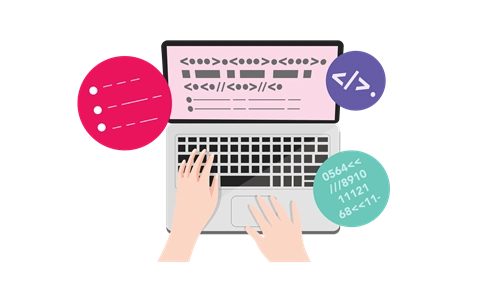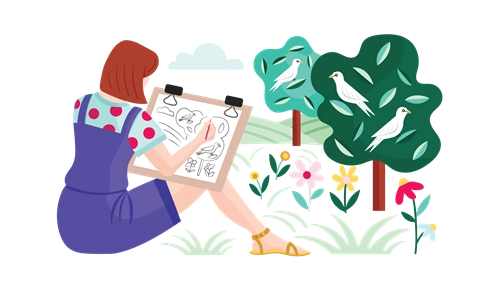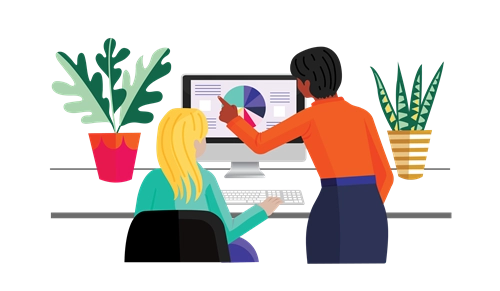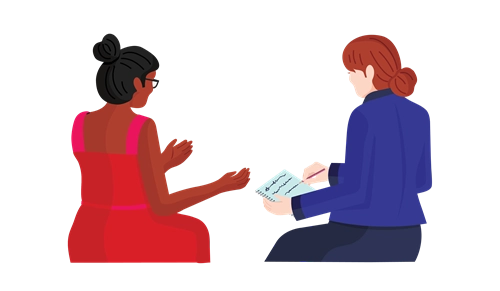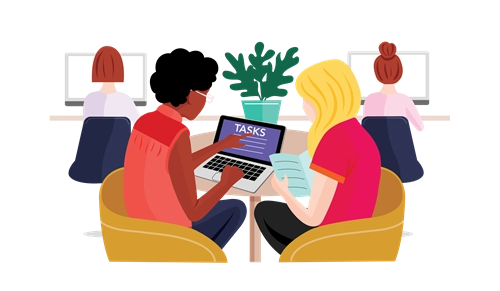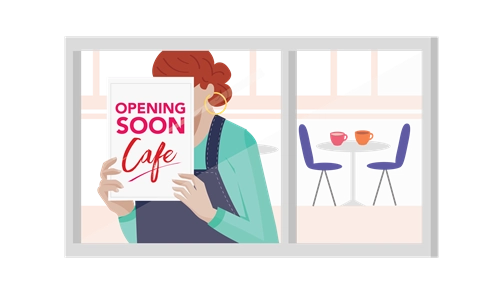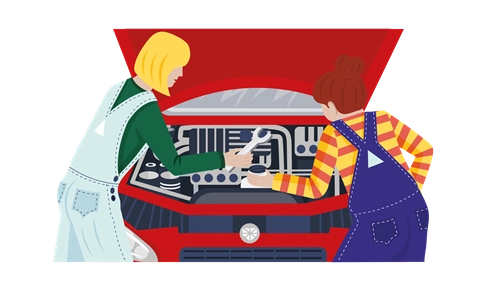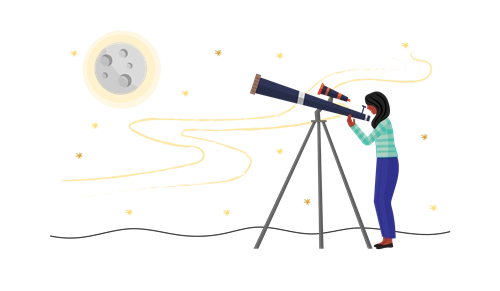Kirsten Banks
The GiST chats to Kirsten Banks about her passion for space, the benefits of doing things in your own time, and the importance of a good support network to help you achieve your dreams.

Kirsten Banks
Science Communicator and extraordinary Astrophysicist
"I find it’s really helpful to remember WHY you want to do what you want to do. Why do you love science? Why do you want to achieve that particular goal? If you remember the ‘why’, that will motivate you to keep going and smashing those challenges!"
What is your educational background?
Despite being passionate about science from a young age and wanting to be a meteorologist in primary school, my grades were nothing to get excited about during that stage of my education. When I got to secondary school, however, something clicked, and maths and science began to make sense for me, and I fell in love with it even more. I loved the challenge of physics and decided to pursue it at university. Thankfully I got just a high enough grade to get into the university and degree I wanted the most, a Bachelor of Science at UNSW.
I didn’t do my degree in the ‘normal’ way. Instead of finishing the program in three years by doing four subjects in each semester, I decided to do three subjects instead. This was the best decision I made. It gave me more time to focus on each subject and do the best I could without being too stressed, even though that meant I finished my program in 3.5 years.
Toward the end of my undergraduate program, I started to think about doing a PhD. In order to do that I needed to do an Honours year first. It’s kind of like a mini thesis where you do some physics courses and write a big research report, or thesis, at the end. To get into the Honours program I had to reach a certain final mark for my undergraduate degree and thankfully, I just scraped in! After taking a semester break (another great decision in hindsight), I started Honours.
And now I’m doing a PhD in astrophysics, I’m exactly where I want to be!
Tell us about your job and how you got to where you are.
When I started my degree, I wasn’t entirely sure what sort of job I would get at the end of my education. I figured it would be something to do with research, but I never thought I would be a science communicator! I used to hate public speaking in school, it would make me feel super nervous. But after attending a tour at Sydney Observatory during my first year of university, I was encouraged by the tour guide to apply for a job and so I did. And now, I love talking about space and wouldn’t give it up for the world.

Image credit: UNSW
What are your hobbies and interests outside of work?
I really like doing jigsaw puzzles! I have this app on my tablet that has hundreds of puzzles on it. When I want to relax, I put on a good movie or show on the TV and sit down to do a puzzle.
What are your long-term career goals? Where do you want to be in five years?
My ultimate goal is to travel the world, sharing my passion for space and astronomy. When I think about my future, I think of an AstroKirsten world space tour! I want to be the person to young aspiring scientists that I didn’t have when I was growing up.
I want to show everyone that you can achieve your dreams no matter what!
What advice do you have for girls interested in STEM?
Find a good mentor and support network. In the times when I’ve really struggled with challenges around my education or career, my mentors, friends, family and community have really helped give me strength to overcome those challenges.
On top of this, I find it’s really helpful to remember WHY you want to do what you want to do. Why do you love science? Why do you want to achieve that particular goal? If you remember the ‘why’, that will motivate you to keep going and smashing those challenges!

